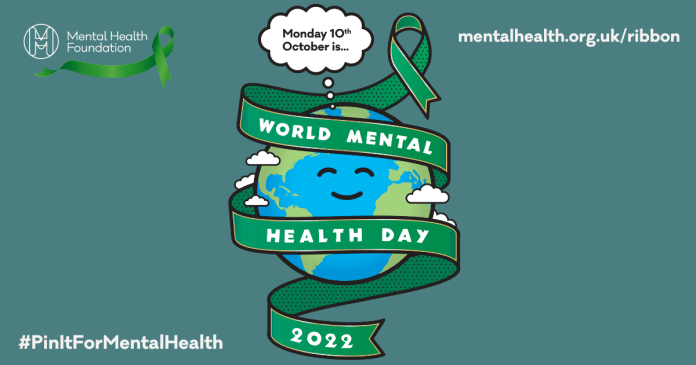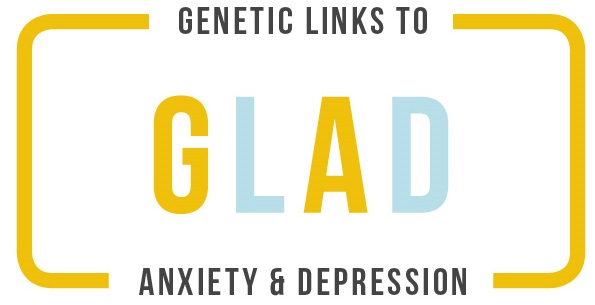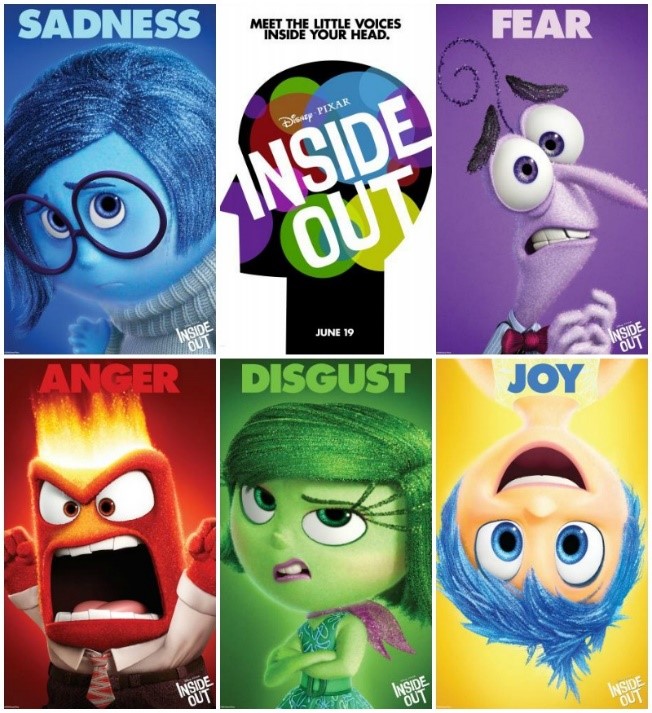
The rate of children, teenagers and young adults reporting symptoms of anxiety and depression is higher than ever, with 18.0% of children aged 7 to 16 years and 22.0% of young people aged 17 to 24 years meeting the criteria for…

The rate of children, teenagers and young adults reporting symptoms of anxiety and depression is higher than ever, with 18.0% of children aged 7 to 16 years and 22.0% of young people aged 17 to 24 years meeting the criteria for…


In this blog, we interviewed research assistant Bridie MacDonald about her work in IAPT. What is the difference between a psychological wellbeing practitioner (PWP) and a high intensity (HIT) CBT Therapist? PWP and HIT CBT Therapist are both psychological therapists in NHS Improving Access to Psychological Therapy (IAPT)…

Helena discusses collaborative (CASE) PhD studentships and the mutual benefits of working with her non-academic partner, Beat charity. What are CASE studentships? Collaborative (CASE) Studentships, formerly known as “Collaborative Awards in Science and Engineering”, are funded PhD studentships in which the student works in partnership with a…

In this blog, placement students Steven and Prateek write about students’ experiences of anxiety during the first lockdown in Malaysia. As we complete one year since the announcement of the first nationwide lockdown, we can see how the pandemic has resulted in the radical change of our daily lives….

In this blog, Placement student Steven Bright writes about the evidence behind different coping behaviours during the COVID-19 pandemic. Over the past year, we’ve all been trying to adapt to our new way of life during the pandemic. Whether it’s exercising at home or video chatting with loved…

Imbalances in mental health research samples are a key area of work in this day and age. This article highlights the need to improve engagement for men, exploring the reasoning behind inter-gender differences in participation and the great need for righting this. Written by Babak Saghari, Neuroscience Graduate. In such…

The idea that talking about your feelings is a good thing is definitely not new. Folk wisdom dictates “Get it off your chest and you’ll feel better” and research seems to agree. Experimental research in the last few decades has explored the mechanisms of verbalizing affect more closely.

A PhD is the ideal route for anyone hoping to pursue an academic career, who is hard-working, self-motivated and passionate about research. It is usually a three-year, full-time, postgraduate degree in which you work on a specific topic to produce an original piece of research. At the end, you get…

Replication is the lifeblood of science – but how do you replicate when your cohort is the biggest available? EDiT Lab Associate Member and genomics crank-turner postdoc extraordinaire Joni gives three ways how.
Recent Comments